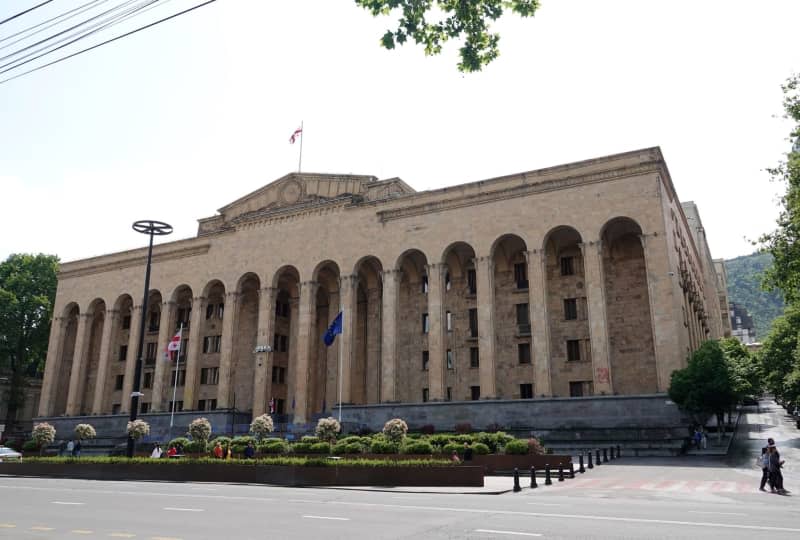Georgia passes controversial law against NGOs despite mass protests

The Georgian parliament approved a law on Tuesday clamping down on foreign-funded non-governmental organizations (NGOs), despite weeks of protests.
Critics say the law is modelled on Russian legislation and jeopardizes the prospects of the small ex-Soviet republic joining the European Union in future.
The EU has even warned the South Caucasus nation over the legislation but, according to Rustavi-2 television, 84 lawmakers voted in favour and 30 against.
The governing majority of the Georgian Dream party says it wishes to create more transparency and accountability among NGOs that receive more than 20% of their funding from abroad.
However, tens of thousands have protested for weeks in the capital Tbilisi against the legislation.
The protesters say it is Georgia's version of a Russian law whereby numerous organizations and individuals have been branded by Moscow as "foreign agents," a classification that often causes major problems for NGOs such as human rights groups.
Demonstrators gathered in front of the parliament on Monday night in a last bid to try to persuade lawmakers.
The day before, police had used force to push the crowd away from the building in the centre of Tbilisi. According to the police, around 20 people were arrested while the opposition say several detainees were mistreated.
Georgia is located on Russia's southern border and is an important global political front-line.
A majority of the population would like to break away from Russia's influence.
The aspiration to join the EU and NATO is even written into Georgia's constitution and since last December, the country has had the status of an EU accession candidate.
At the same time, Moscow controls the breakaway Georgian territories of South Ossetia and Abkhazia, which it has recognized as independent states.
The Georgian Dream party, with opaque billionaire Bidzina Ivanishvili as its strongman, has close relations with Moscow despite Russia invading Georgia for a short period in 2008.

